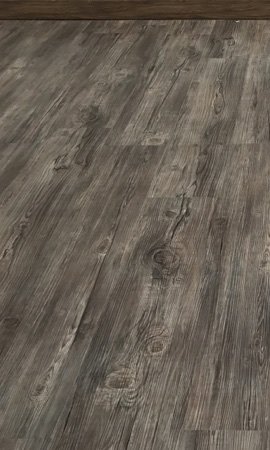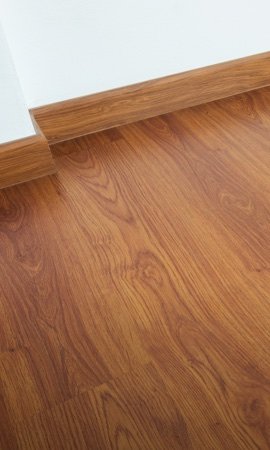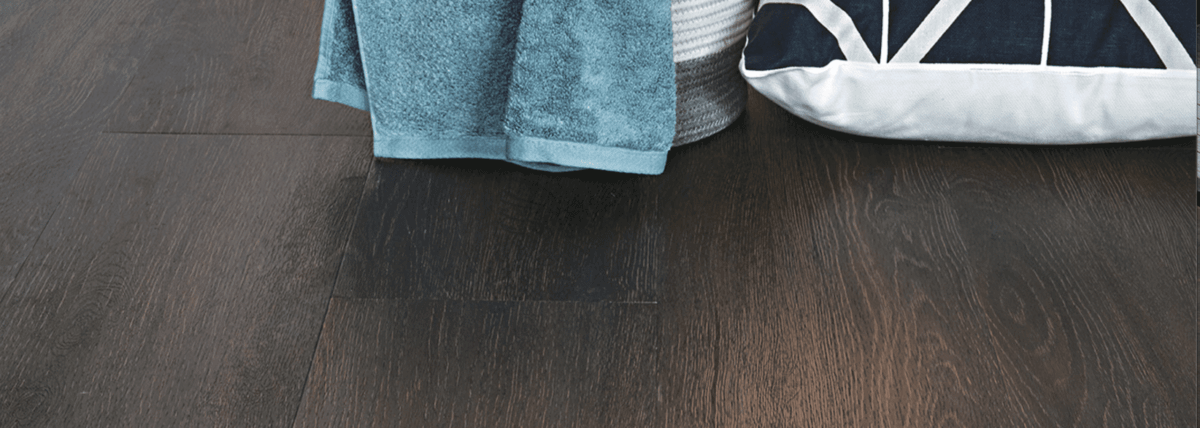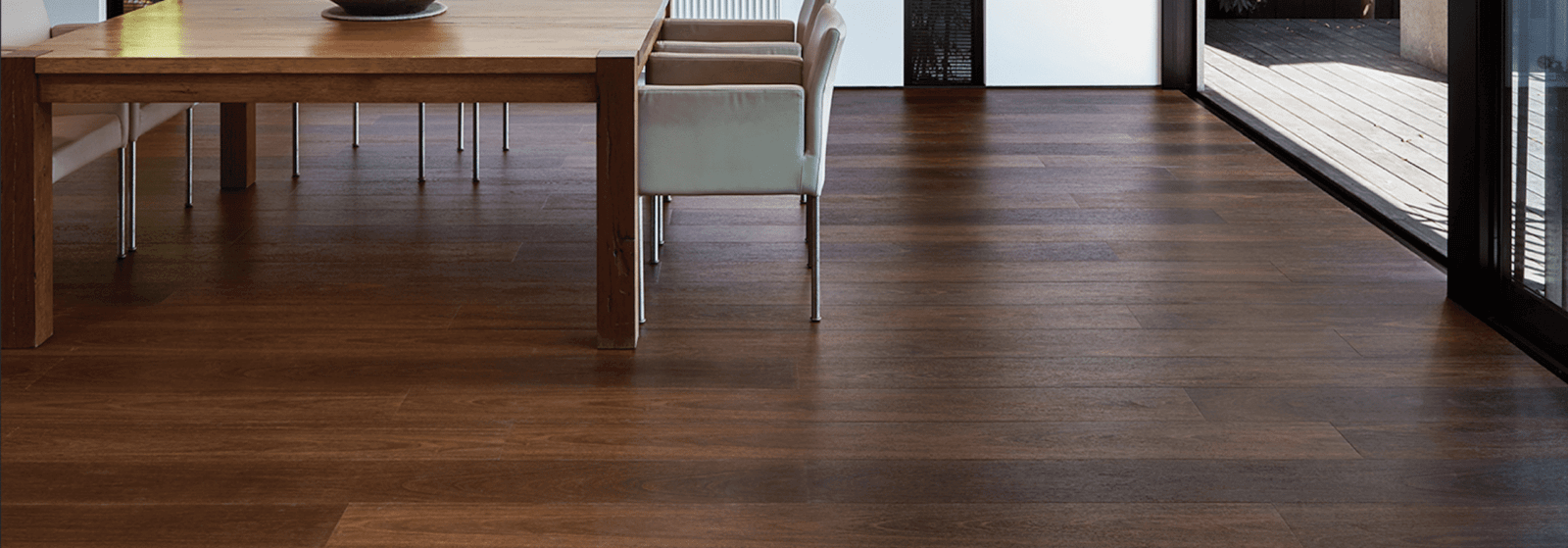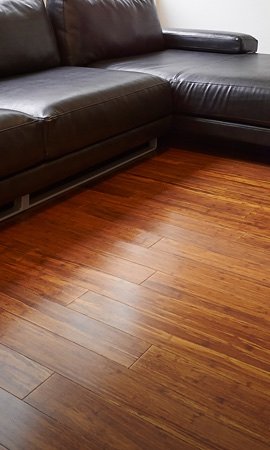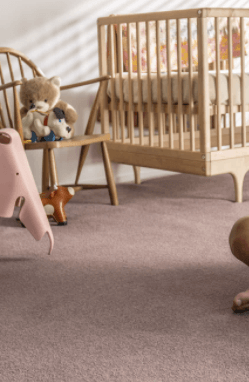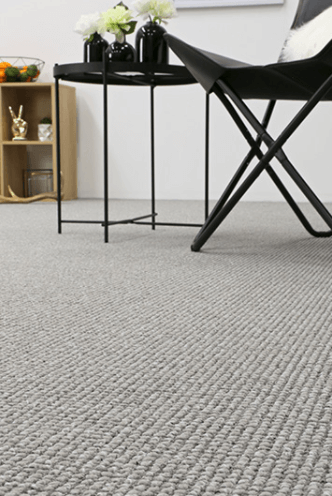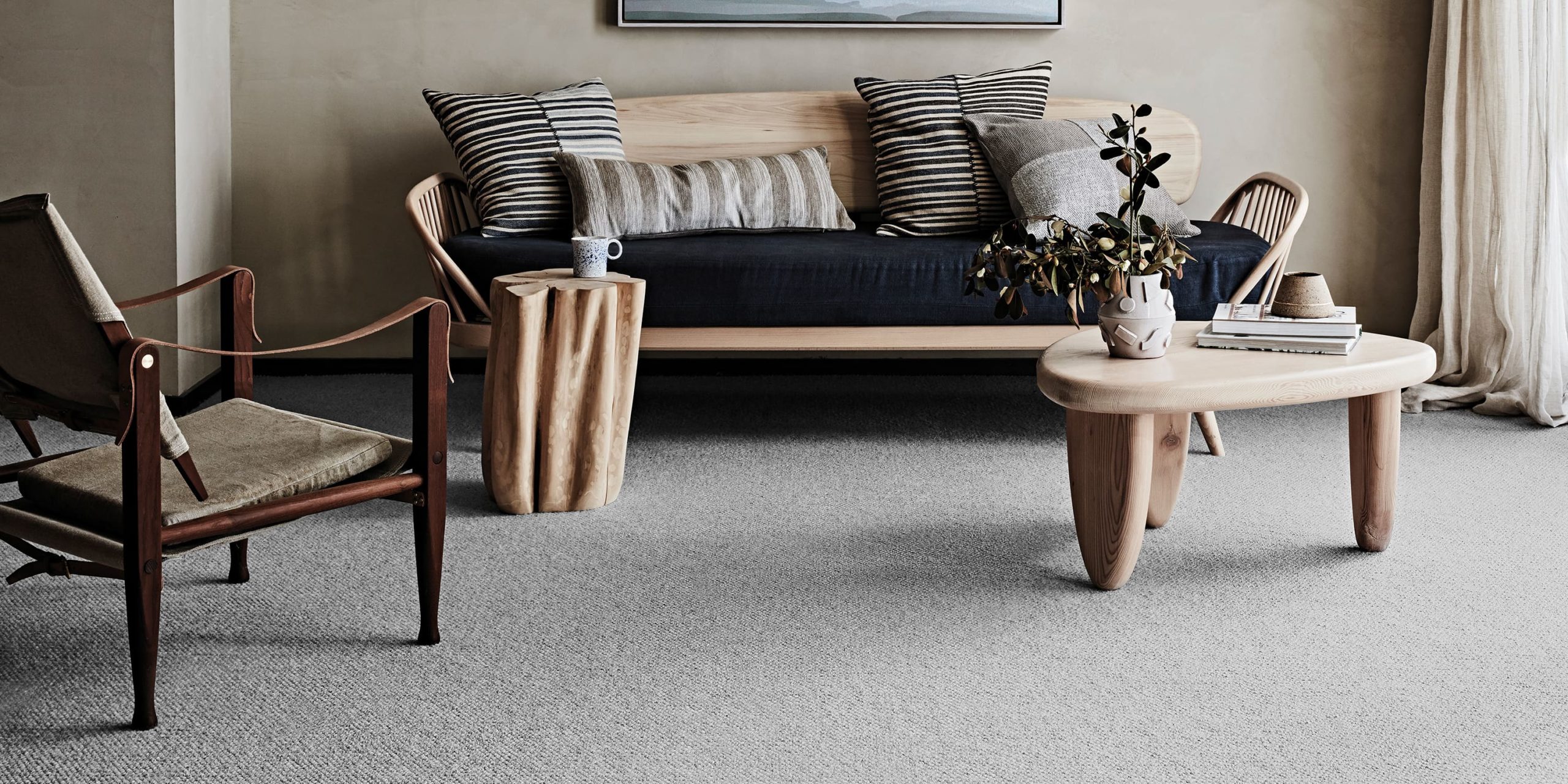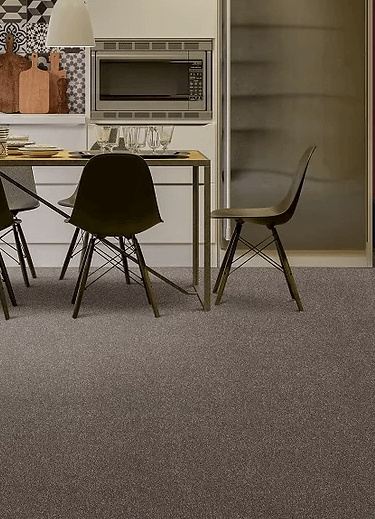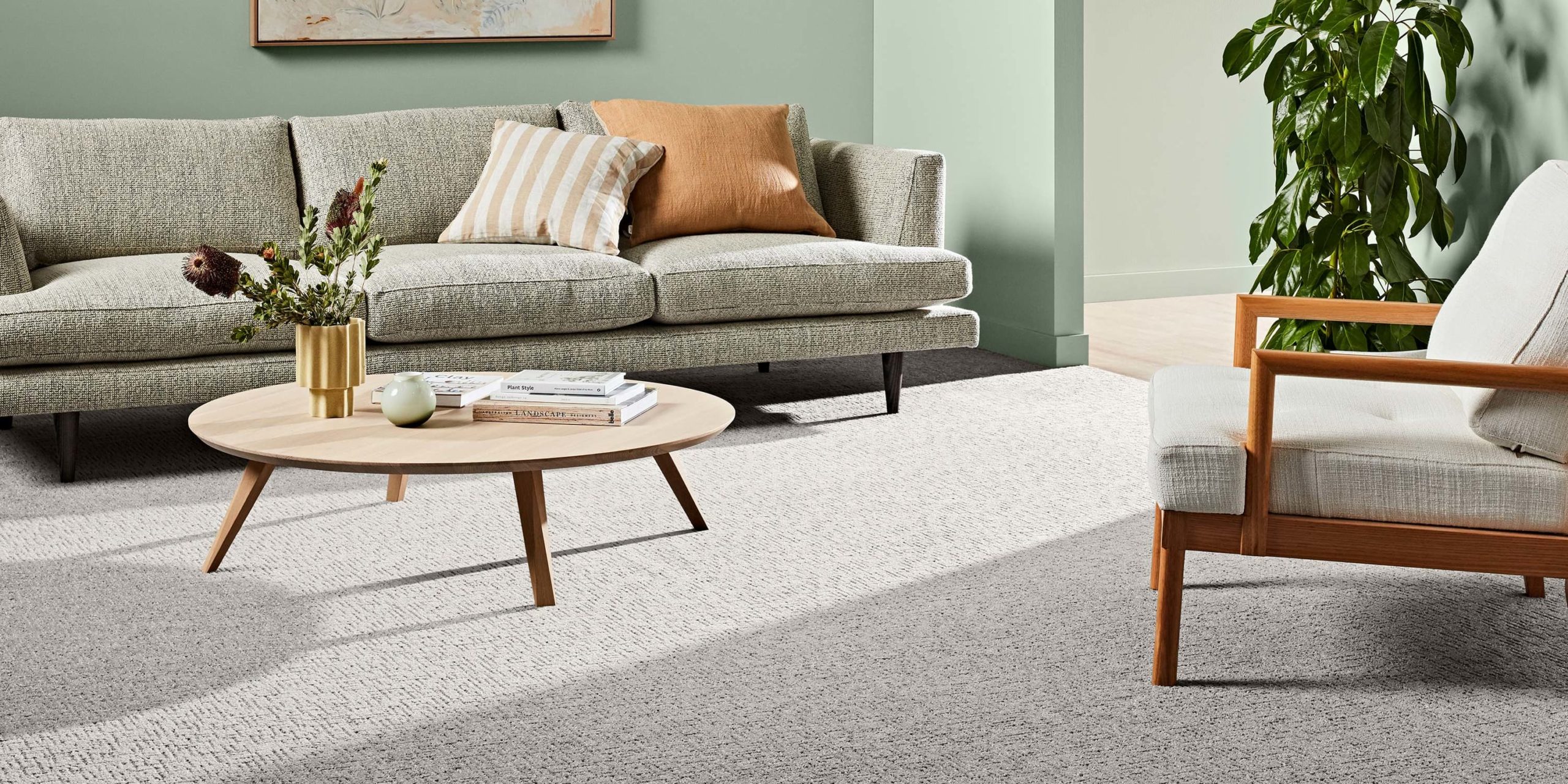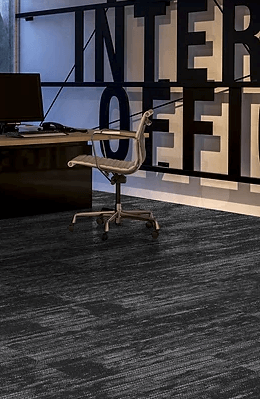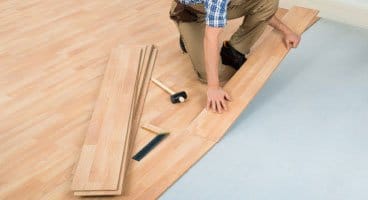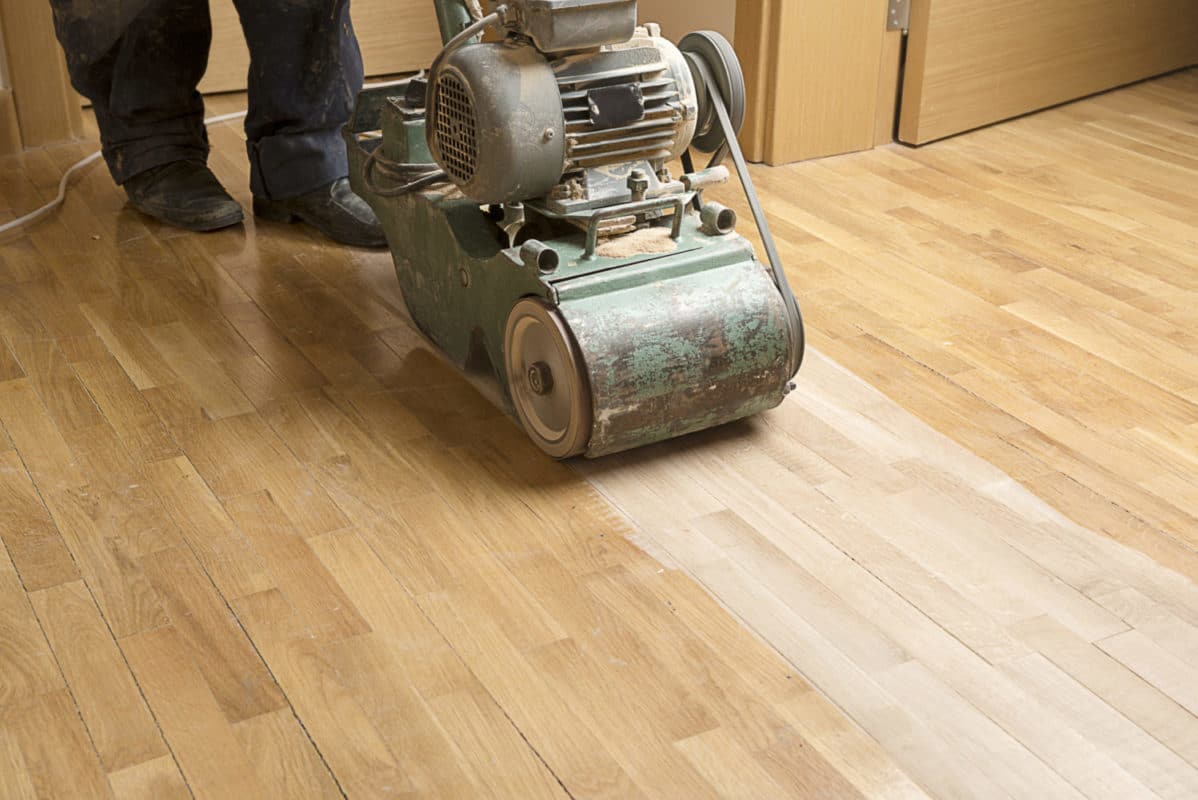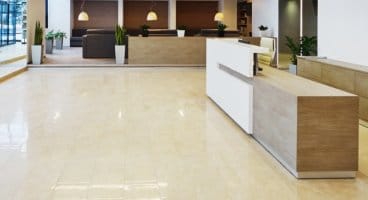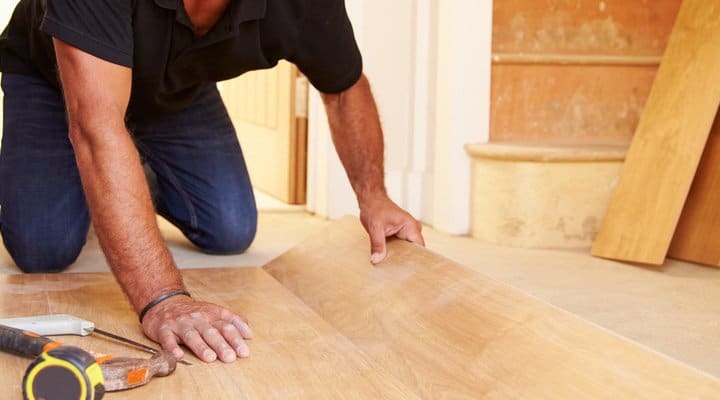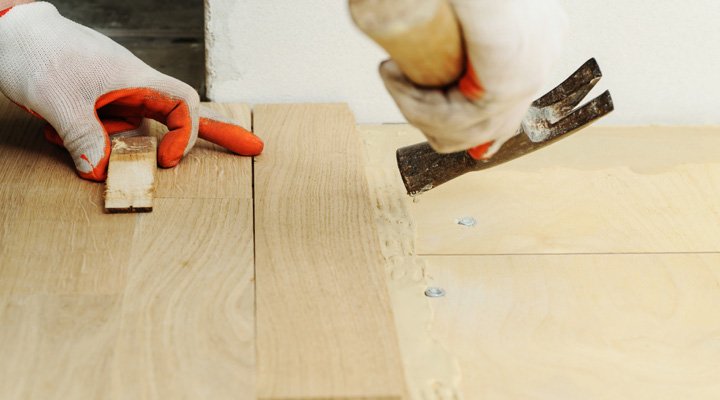

11 Sep Pros and Cons of Nylon Carpet
What is Nylon Carpet?
Nylon carpet is made out of a type of polymer, which is synthetically produced from reacting crude oil in a high pressure and heated environment.
Sounds complicated? Don’t worry, it’s basically a material often referred to as plastics – which are durable, stretchy and perfect for a soft and cosy floor covering. The characteristics of nylon carpets are quite different from natural wool carpets.
Characteristics of Nylon
Nylon carpet is the most popular type of carpet out in the flooring industry. Although synthetic in nature, its reproducibility and versatility give nylon carpets their edge in the market. Nylon is a strong carpet fibre and is popular for its ‘invincibility’ from wear and tear. It retains its carpet texture and original condition longer than any other fibre.
Pros and cons of Nylon Carpets
Benefits
Stain-Resistance
This is the game-changer since nylon is known to be the most stain-resistant carpet out in the market.
Advancements in stain treatment technology give modern nylon carpets a huge edge over wool in terms of stain resistance, which quite frankly, is your beloved carpet’s worst nightmare.
A well-known stain resistance nylon is solution-dyed nylon. The unique manufacturing process of this nylon fibre allows for the colour to lock into place permanently. Keep in mind that if you let any spills dry over time, the risk of staining increases.
Affordable
Nylon is a readily available carpet fibre (used in many other products aside from carpet), which results in increased affordability. Compared to wool carpets which are made of natural materials, nylon is definitely less heavy on the budget. This carpet can be found in many price ranges, suited to your needs and luxurious choice.
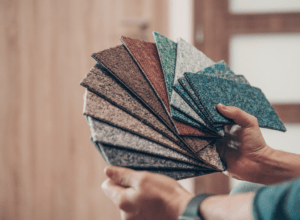

Diversity
Since nylon carpets are easily manufactured, a diverse variety of different types of textures and colours can be arranged to be suited to your taste. For example, a minimalist approach to your home would desire nature-centric aesthetics. A soft and neutral tone such as a white or hazel shade would fit perfectly with your minimalistic approach. On the FloorVenue website, we give tips to choosing a floor colour.
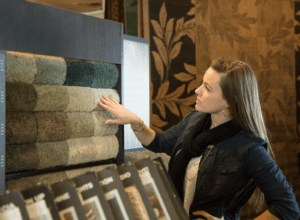

Longevity
Nylon is a very durable fibre that has high tensile strength. This makes them perfect for high-traffic areas, such as the living room where they may experience a larger portion of the rough and tumble of daily life. Some nylon carpets have dyes that are UV resistant and mould resistant for increased longevity.
If you have energetic kids and furry friends, nylon would be an appropriate carpet option to go for. (Although we recommend hard floors over carpets in this situation)
Drawbacks
Water & Moisture
Resistant nylon is known to be more resistant than wool, however, it still poses an issue when moisture and water come into play. Just like any fabric material, nylon carpet absorbs water exceptionally well, but unfortunately, as a carpet, this creates a problem for carpet damage through mould or other factors.
Static Electricity
Certain fabrics are more prone to static than others. Unfortunately, nylon is one of them. When nylon rubs against each other or against the skin, it can produce static electricity. This is usually prevalent in winter when the humidity is low.
Volatile Organic Compounds (VOC)
Lower quality nylon carpets may have the downside of emitting volatile organic compounds. For example, the largest contributor to flooring VOC emission is known as Formaldehyde (HCHO) is a weak carcinogen that will cause respiratory irritation if inhaled in high amounts.
Australia uses a VOC emissions rating system that will keep your (certified) nylon carpet to meet standards, reducing any increased risk of cancer or any other respiratory diseases.
Dust Buildup
Due to the static electricity, dust buildup is bound to occur for nylon carpets. This will especially be prevalent if you have any furry friends. However, the fun fact is that your skin cells or your furry friend’s skin cells mainly constitute dust particles. Therefore, a simple regular clean and vacuum of your home are sufficient to keep your nylon carpet dust-free and breathable.
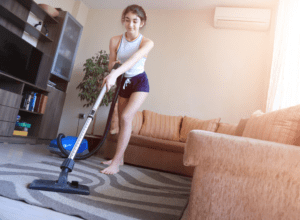

Other Types of Carpets
Wool Carpet
Wool carpet adds a luxurious feel and style to your home. Although synthetic fibres have overtaken most of the market in today’s day and age, wool still stands as a strong competitor due to the warmth, longevity and elegance it brings to Australian homes. Wool carpet is also durable and has high tensile strength. It has the ability to be stretched by more than 35% and still retain its new look despite being subjected to high foot traffic areas.


Polypropylene
Polypropylene is the king of all carpets when it comes to performance. It is both stain-resistant and fade resistant, making it perfect for any areas which are more likely to be subject under spillages. These types of carpets are perfect for any indoor spaces which don’t have high foot traffic and are great value for money. Best of all, polypropylene is also very easy to clean.
Polyester
In comparison to nylon carpet, polyester is the right option if you desire a more stain-resistant carpet. It is also more affordable and softer than nylon. This type of carpet has recently been used extensively in homes due to its affordability.
Blended Carpet
Just as the name states, blended carpet is a mixture/blend of two fibres. This gives blended carpet the advantage of acquiring both fibre’s favourable qualities, such as the stain-resistance of nylon and the luxurious and natural feel of wool. Blended carpets are usually a blend of nylon and wool due to these two being the most favoured and successful carpet fibres out in the market. The mix of these carpets gives customers a chance to obtain the advantages of synthetic carpet while still giving them an option to feel the softness and affordability of natural wool.
